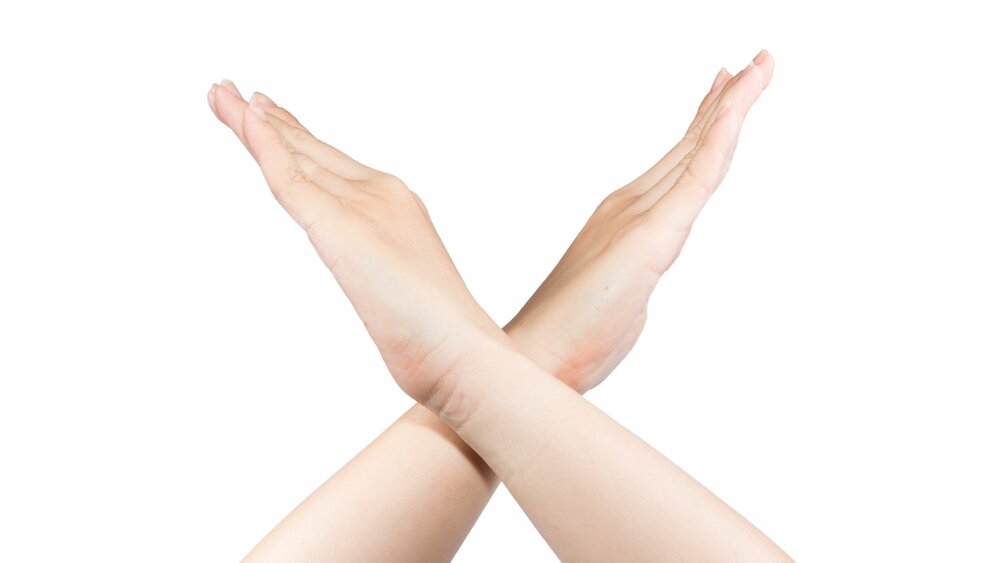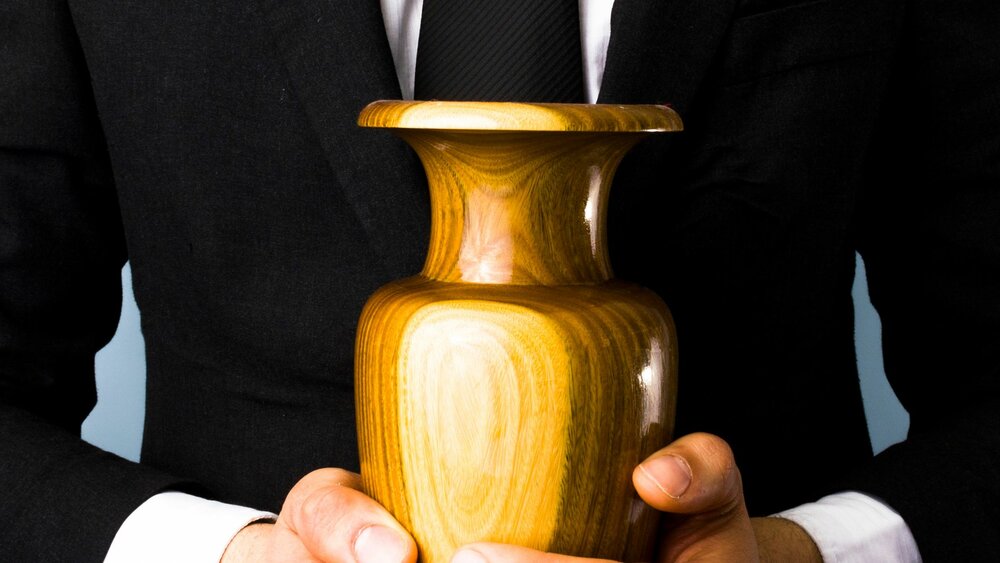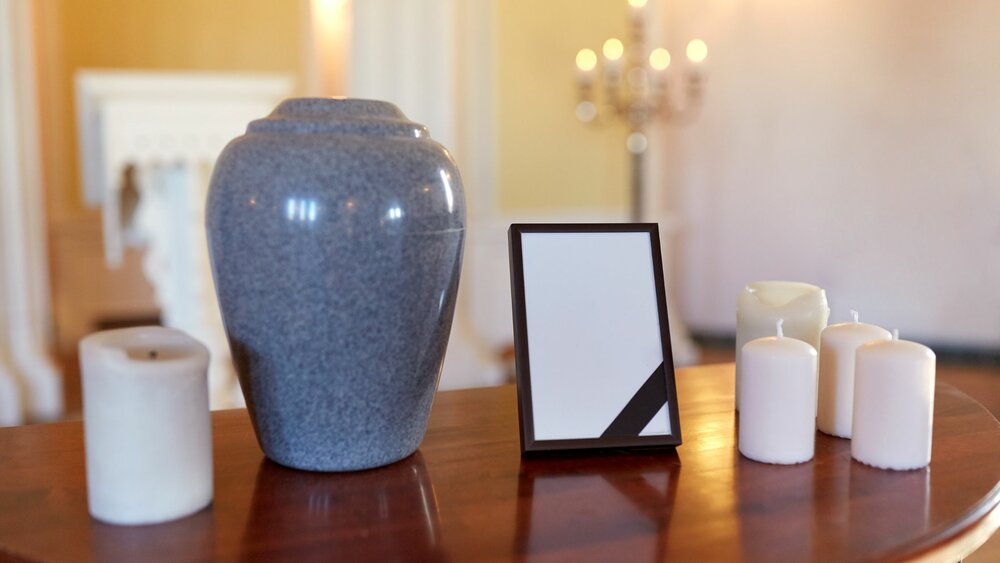
Common Cremation Myths Debunked in NJ | What’s True & What’s Not
Thinking about cremation, but unsure what to believe? You’re not alone.
Many New Jersey families have questions—and a lot of those questions come from myths that just aren’t true. Whether it’s about cost, religion, or what actually happens to the ashes, misinformation can make a tough decision even harder.
In this blog, we’ll clear things up.
We’ll separate fact from fiction so you can make the best choice for your loved one—and your peace of mind.
Planning ahead? Check out our full guide: How to Plan a Cremation in New Jersey
Key Takeaways
- Most religions, including Catholicism, accept cremation with specific guidelines.
- Cremation doesn’t mean skipping a funeral—services and goodbyes are still possible.
- Cremation is affordable, but it’s not low-quality. It can be respectful and dignified.
- Strict protocols in NJ ensure you receive the correct ashes.
- Cremation is often more eco-friendly than traditional burial.
Choosing a trusted provider, like Ocean County Cremation Service, makes a big difference.
Myth #1 – “Cremation Isn’t Allowed by My Religion”
This is one of the most common concerns families have. But the truth is, most major religions today allow cremation—or at least don’t forbid it.
- Catholicism: The Church has allowed cremation since 1963, as long as it’s not chosen for anti-religious reasons.
- Judaism: Traditional Jewish law discourages cremation, but many Reform and non-Orthodox families now accept it.
- Islam: Cremation is generally not allowed in Islam.
- Hinduism: Cremation is actually the preferred practice.
- Buddhism: Cremation is widely accepted.
- Christianity: Most denominations have no issue with cremation.
So what does that mean for you?
It depends on your personal beliefs and traditions. Many families choose what feels right to them—spiritually and practically.
If you’re unsure, we can help. Ocean County Cremation Service respects all faiths and offers guidance for religious accommodations.
Myth #2 – “Cremation Means No Funeral or Goodbye”
Not true. Cremation doesn’t cancel the chance to say goodbye—it just gives you more choices.
You can still have:
- A viewing before cremation
- A traditional funeral with an urn present
- A celebration of life at a location that matters to you
- A memorial service weeks or months later
Many families find this flexibility helpful—especially when relatives need time to travel or grieve.
At Ocean County Cremation Service, we offer personalized options. Whether you want something simple or something more formal, we’ll help you plan it your way.
Myth #3 – “Cremation Is Cheaper Because It’s Low Quality”
Cremation is usually more affordable than burial—but that doesn’t mean it’s low quality.
What makes cremation more budget-friendly?
- No need for a casket, grave plot, or embalming
- Fewer transportation and cemetery costs
But lower cost doesn’t mean you’re cutting corners.
Ocean County Cremation Service provides professional, respectful service every step of the way—whether you choose direct cremation or something more traditional.
Want to understand cremation pricing better?
Read our blog on the cost of cremation in NJ
Myth #4 – “You Don’t Get the Ashes You Think You Do”
This fear comes up a lot. But in New Jersey, crematories follow strict rules.
Each person is cremated individually. There’s a clear chain-of-custody from start to finish:
- The body is ID-checked before cremation
- Tags stay with the remains the entire time
- The ashes are labeled and returned securely
At Ocean County Cremation Service, we take transparency seriously. If you have questions, we’ll walk you through the full process.
Peace of mind matters—and you deserve it.
Myth #5 – “Cremation Harms the Environment”
It's true—cremation does release emissions. But compared to traditional burial? It often has less environmental impact.
Burial usually involves:
- Embalming chemicals
- Steel caskets
- Concrete vaults
- Long-term land use
- Cremation avoids most of that.
- Looking for an eco-friendly option? Ask us about:
- Scattering gardens
- Biodegradable urns
- Tree pod memorials
Ocean County Cremation Service can guide you toward greener choices—if that matters to you.
Choosing the Right Provider Makes the Difference
Not every provider treats cremation the same way.
At Ocean County Cremation Service, we take the time to:
- Explain your options clearly
- Respect your wishes
- Follow strict ethical standards
We’re a trusted name in Forked River and Toms River, NJ—serving families with compassion and transparency.
Worried about one of the myths above?
You’re not alone. Many families come to us with similar concerns.
And they leave feeling reassured.
“We weren’t sure about cremation at first, but Ocean County walked us through every step. It felt respectful and personal.” – Local family
Learn More About the Cremation Process
Still have questions? You’re not alone.
If you’re planning a cremation for a loved one—or for yourself—it helps to know what to expect.
We’ve put together a clear, simple guide that walks you through every step:
How to Plan a Cremation in New Jersey: A Step-by-Step Guide
It covers everything from paperwork to picking the right provider.
No jargon. Just straight answers.
Frequently Asked Questions
Is cremation accepted by most religions?
- Yes, many religions now allow cremation—including Catholicism and Hinduism. Some, like Orthodox Judaism and Islam, may still prefer burial.
Can I have a funeral and still choose cremation?
- Absolutely. You can have a full service, viewing, or a celebration of life either before or after the cremation.
Is cremation always cheaper than burial?
- Often, yes—but it depends on the services you choose. Direct cremation is typically more affordable than a full burial.
Do I really receive my loved one’s ashes?
- Yes. Licensed crematories in New Jersey follow strict identification and tracking procedures to ensure that remains are correctly returned to the family.
Is cremation bad for the environment?
- It has some environmental impact, but it’s generally less than a traditional burial. There are greener options, like biodegradable urns or scattering gardens.



Comments